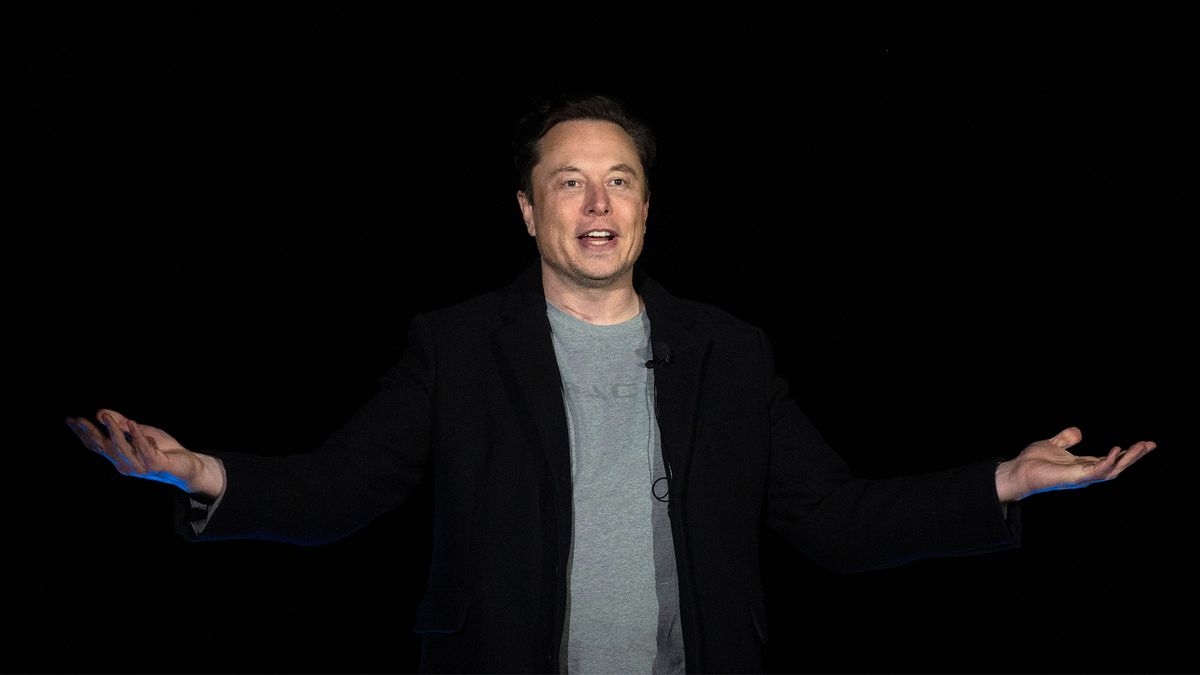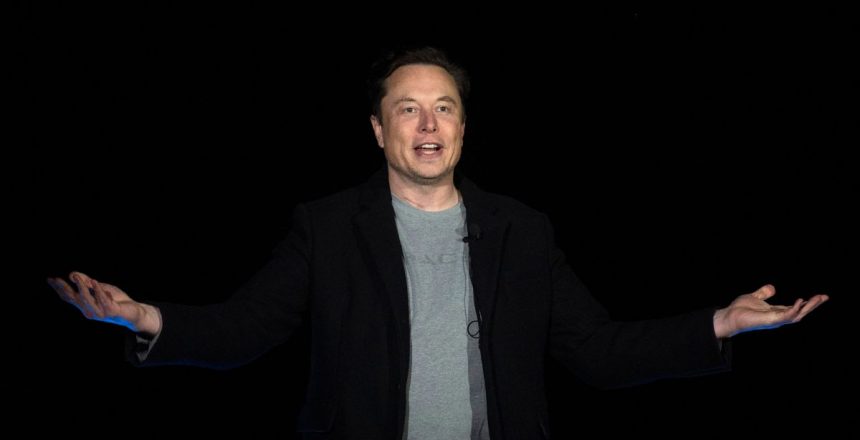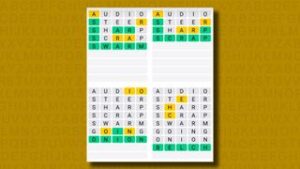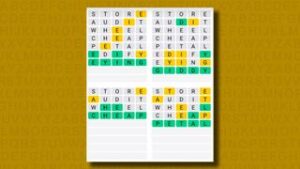
Elon Musk now has the funds to buy Twitter outright.
The Tesla and SpaceX CEO is hellbent on adding another notch to his entrepreneurial belt, making a cash offer of $46.5 billion for the remaining Twitter shares he doesn’t own.
Musk laid out his new plan in a Thursday filing with the US Securities and Exchange Commission. The tender offer, which would pay shareholders $54.20 per share, comes after Twitter’s Board refused an earlier $43 billion acquisition offer and invoked a so-called “poison pill” plan. That plan would’ve allowed remaining shareholders to buy new shares at a discount if anyone, like Musk, bought more than 15% of all shares of the company.
Now, however, Twitter is facing a much more aggressive acquisition play and billions more than Musk’s original offer.
No word on how Twitter plans to respond, but the possibility of Elon Musk owning Twitter is turning toward reality.
What does that mean?
Musk has repeatedly complained about censorship on the platform and will likely seek a rewrite of Twitter’s terms of service to achieve what he views as a more balanced approach toward both sides of a debate.
He might also seek to open-source Twitter’s code for the sake of transparency. That might lead to a flood of third-party services tapping into Twitters’ data stream to launch new plugins and, likely, competing services.
There is a chance that Musk could bring back banned users like former President Donald Trump, though he has never explicitly stated that intention.
More recently, Musk promised to end Twitter’s massive spam-bot problem.
As for Twitter’s roughly 300M members (reportedly only 206 million are monetizable, monthly active members), a segment of them might leave the service in protest. Still, others might join because they believe Musk’s Twitter will handle extreme voices (left and right) differently than previous leadership.
Musk has the support of Twitter founder and former CEO Jack Dorsey, at least Musk did when he was simply trying to have a say in the board room. Shortly after Musk first purchased almost 10% of Twitter shares, he was invited to join the board. Dorsey lauded the move and said Musk and current Twitter CEO Parag Agrawal would make a great team. Before Musk could even start, he backed out and then returned with his first acquisition offer.
In the meantime, Twitter has done what it can to encourage other offers, though none of any significance has materialized. That leaves Musk and his huge bag of cash. Even if the board wants to say “no,” it’s an offer shareholders may find hard to refuse.
Maybe it’s time to get ready for Musk Twitter.





